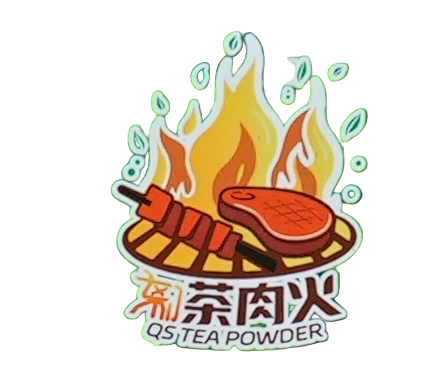
Af&co and Carbonate to make annual trend predictions this week
Restaurants such as raw bars and fried seafood shacks normally have small footprints, limited staff, minimal equipment, and simple menus executed well. At a time when consumers are looking for great quality and experiences and operators are looking to cut costs, the time is ripe for more of these concepts, Af&co and Carbonate report.
“While the concept may be simple, the execution allows for chefs to add their signature stamp of creativity,” they report. “As we reach ‘peak maximalism’ — where over-the-top dishes, drinks, and design are becoming the norm — we expect a pendulum swing back to the desire for a more minimalist vibe that these places provide.”
Examples of such concepts are Good Hot Fish in Asheville, N.C., a counter-service restaurant inspired by Southern fish camps; Penny, a raw bar and seafood counter in New York City; The Otter, also in New York, which is chef and restaurateur Alex Stupak’s new raw-bar restaurant; Gift House in Providence, R.I., offering a Korean accented raw bar, which was on both Esquire magazine’s and The New York Time’s best-new-restaurants lists for 2023; Mabel’s Gone Fishing in San Diego, which offers raw bar and tapas, as well as a few larger hot dishes; and Traveling Mercies in Denver, which is Caroline Glover’s oyster and cocktail bar.
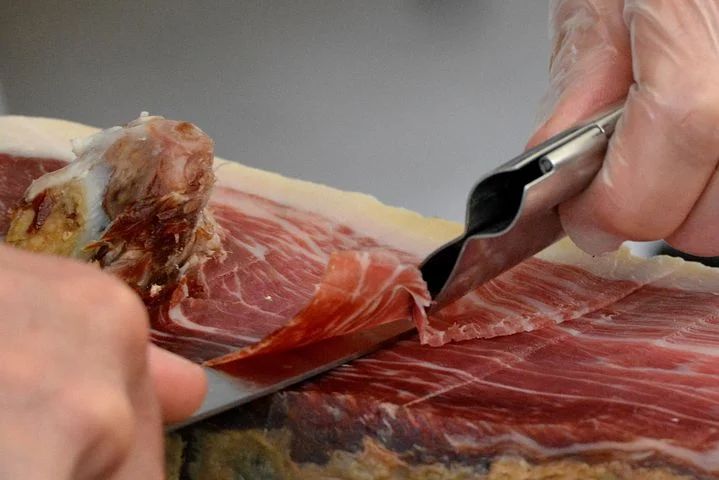
Traditionally, a Martini was quite specifically gin with dry vermouth stirred with ice and garnished with olives. Now it’s pretty much any drink in a Martini glass, including the super-on-trend Espresso Martinis, but Af&co and Carbonate see an emerging trend in Martinis served very, very cold.
They say that Martinis should always be served super-cold, but they aren’t always. With this new trend, the drinks are batched in advance and stored in super-cold freezers. “They help make service snappy and ensure a properly cold drink, every time,” they report.
Pictured is the Freezer Martini from Poison Heart Bar in Philadelphia, a classic blend of gin and vermouth with a choice of an olive, cocktail onion, or lemon twist as garnish. However similar drinks can be had at Wild Child in Shawnee, Kan., where the “Coldest Martini in Kansas” is made with gin, Spanish olive-and-caper distillate, dry vermouth, and “coldness”; at Bar Bonobo in New York City, where the Cold A$$ Martini is made with a choice of Beefeater gin or Absolut vodka along with dry vermouth and Cinzano 1757, and The Butterscotch Den in Sacramento, Calif., where the Freezer Martini is made with Fords Gin, dry and blanc vermouth, and choice of olive, onion, or a Twist.
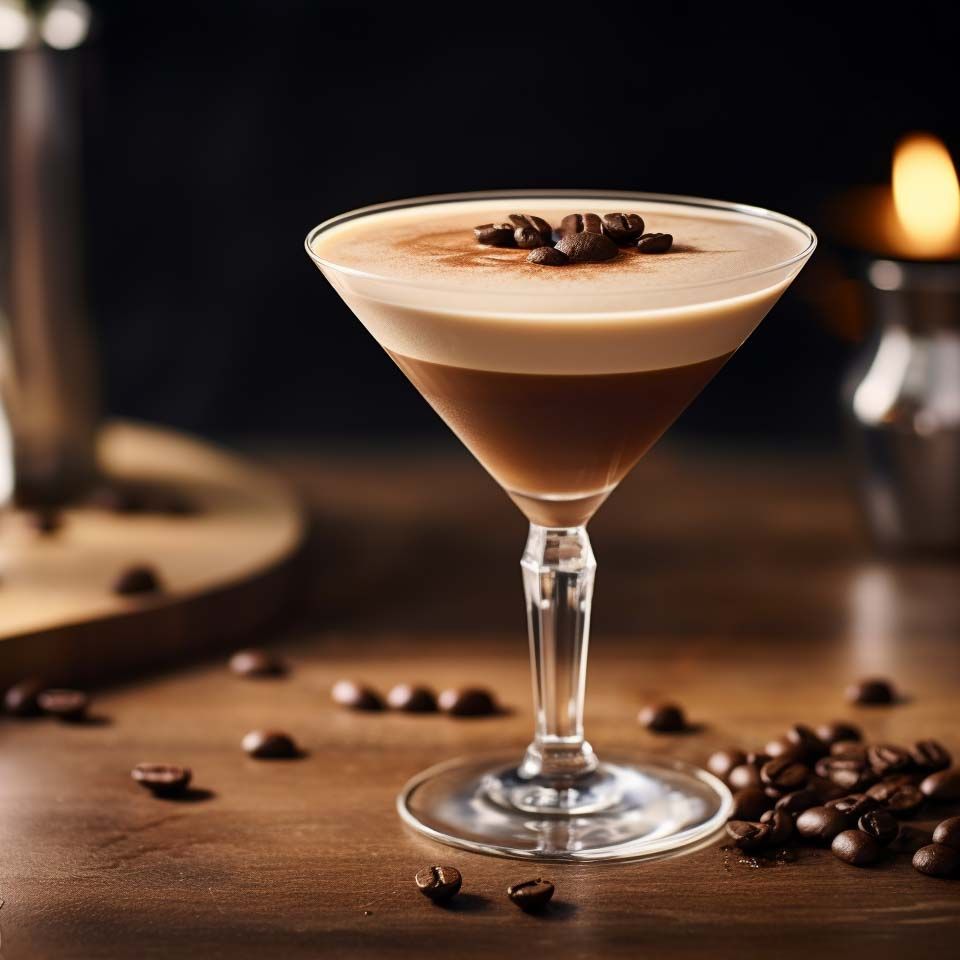
Valerie in New York City has an entire section of Freezer Door Martinis that are 6-ounce bottles, bottled in-house, and stored at below-freezing temperatures. Tissue bread, or thousand-layer bread, is a soft, fluffy milk bread with ultra-thin layers and a crispy exterior. Af&co and Carbonate note that it’s trending in Japan, South Korea, and Dubai, and they expect it to start appearing in more locations in the United States soon, thanks in part to TikTok, which they say reduces the time it takes for trends to travel the world. They also note that South Korean bakery chains are expanding rapidly in the United States and that imports of baked goods from the country are on the rise.
“Tissue Bread will likely arrive first in Korean bakeries before being replicated elsewhere,” they said. It can already be had at Davant Bakery in Palisades Park, N.J., which provided the above picture. Residents of Japan, South Korea, and Taiwan have grown accustomed to choosing from dozens of varieties of dried ramen noodles and cooking them onsite using special machines and then personalizing them with toppings including soft-boiled eggs, to fried garlic, pork belly, and kimchi, Carbonate reports, adding that these self-serve ramen concepts have now arrived stateside. Slurp & Sip in Los Angeles is a self-serve ramen shop and convenience store offering 65 types of instant ramen along with toppings for customization.
Instant Noodle Factory in New York City offers 85 ramens and 35 add-ons that can be ordered from kiosks, and K-Ramyun in Cedar Park, Texas, is a new shop with 50 types of Korean ramen, or ramyun, in different styles and spice levels. Af&co and Carbonate say the growing interest in different Asian flavors and the desire, particularly among Gen Z customers, to customize everything, are helping to drive this trend, as is the need for inexpensive and satisfying meals.
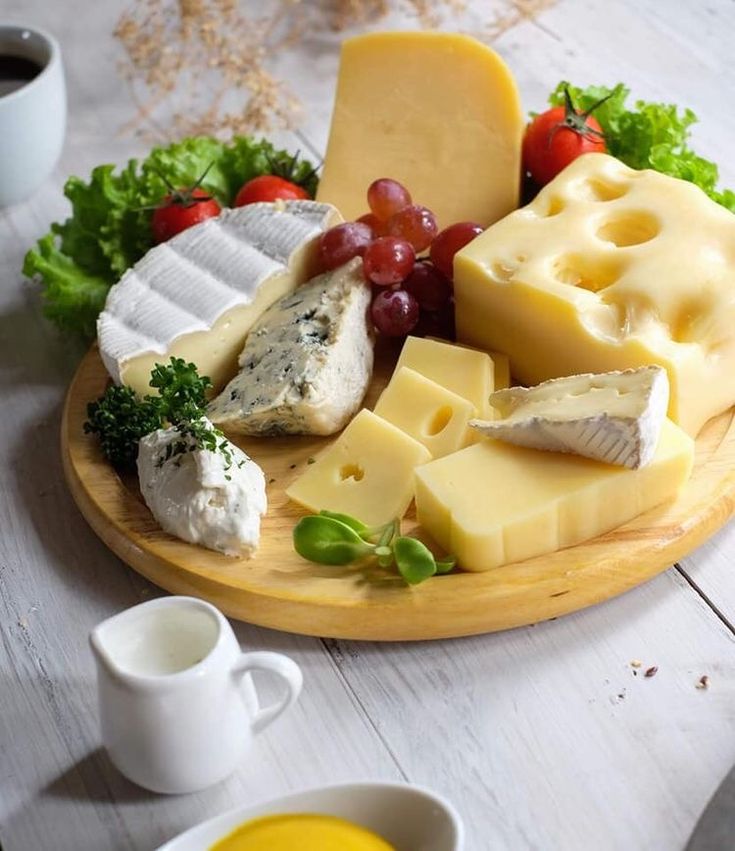
A concha is a sweet, shell-shaped bread with a crackly glazed top that has long been a staple in Mexican bakeries, but now pastry chefs and artisanal bakers have started to make them, incorporating premium ingredients and adding fillings to them, according to Af&co and Carbonate, which has spotted them at Forma Bakery in Oakland, Calif., which specializes in vegan versions that have been fermented for three days, at Superstar Farm in New York City, which serves a Bronx-style chopped cheese sandwich on a grilled concha, and at Cavaña in San Francisco which offers a concha breakfast sandwich with a chorizo patty, runny egg, queso pimiento, rocoto aïoli, and arugula on a concha bun. Mocha Java is a centuries-old coffee blend made from beans from the Indonesian island of Java and the Yemeni city of Mocha, an indication of how long Yemen has been involved in the business. Af&co and Carbonate also point out that coffeehouses have been cultural centers and gathering spots in Yemen for generations. They serve coffee spiced with cardamom and/or ginger, lattés flavored with rosewater or pistachios, iced drinks with citrus and herbs, and sweet and savory baked goods.
And now they’re opening in the United States, often open late and providing an alcohol-free alternative to bars, they report. Examples include the 10-unit Haraz Coffee House, based in Michigan but with plans to expand to Austin, Texas, and New York City, and Qamaria Yemeni Coffee Co., also based in Michigan with more than 10 units across the country. There’s also Sana’a Café, with five locations in California and one in Buffalo, N.Y. Bananas are the most widely consumed fruit in the United States, and coffee is the second most widely consumed beverage (after water), and they are both frequently eaten at breakfast. Are those the reasons why the two are being mixed in cocktails? Maybe, say Af&co and Carbonate. At any rate, they are seeing the fruit being added to Espresso Martinis to provide “a subtle underlying sweetness to balance out the spirits without dominating the flavor.”

Examples include the Banana Bread Espresso Martini at eight-unit concept Two Hands, which is made with vodka, espresso, oat milk, and crème de banana liqueur; La Concorde at Scoundrel in Greenville, S.C., made with rye, espresso, Giffard banana du brésil liqueur, and crème de banana; and the Memento Mori at Meteor in Minneapolis, made with mezcal, Giffard banana, Mr. Black cold brew liqueur, cold brew coffee, and Chinese five spice bitters. Tequila and mezcal are already two of the fastest-growing spirits in the United States (you can get mezcal at Applebee’s now), and Af&co and Carbonate expect another Mexican alcohol, Sotol, to start trending next.
It’s not technically an agave spirit like tequila and mezcal, but rather from another type of desert plant, called the desert spoon, which is a member of the asparagus family. As in the making of mezcal, for which the agave is roasted, giving it a smokey flavor, the dessert spoon is also roasted and then pressed to express the sap that is then fermented.
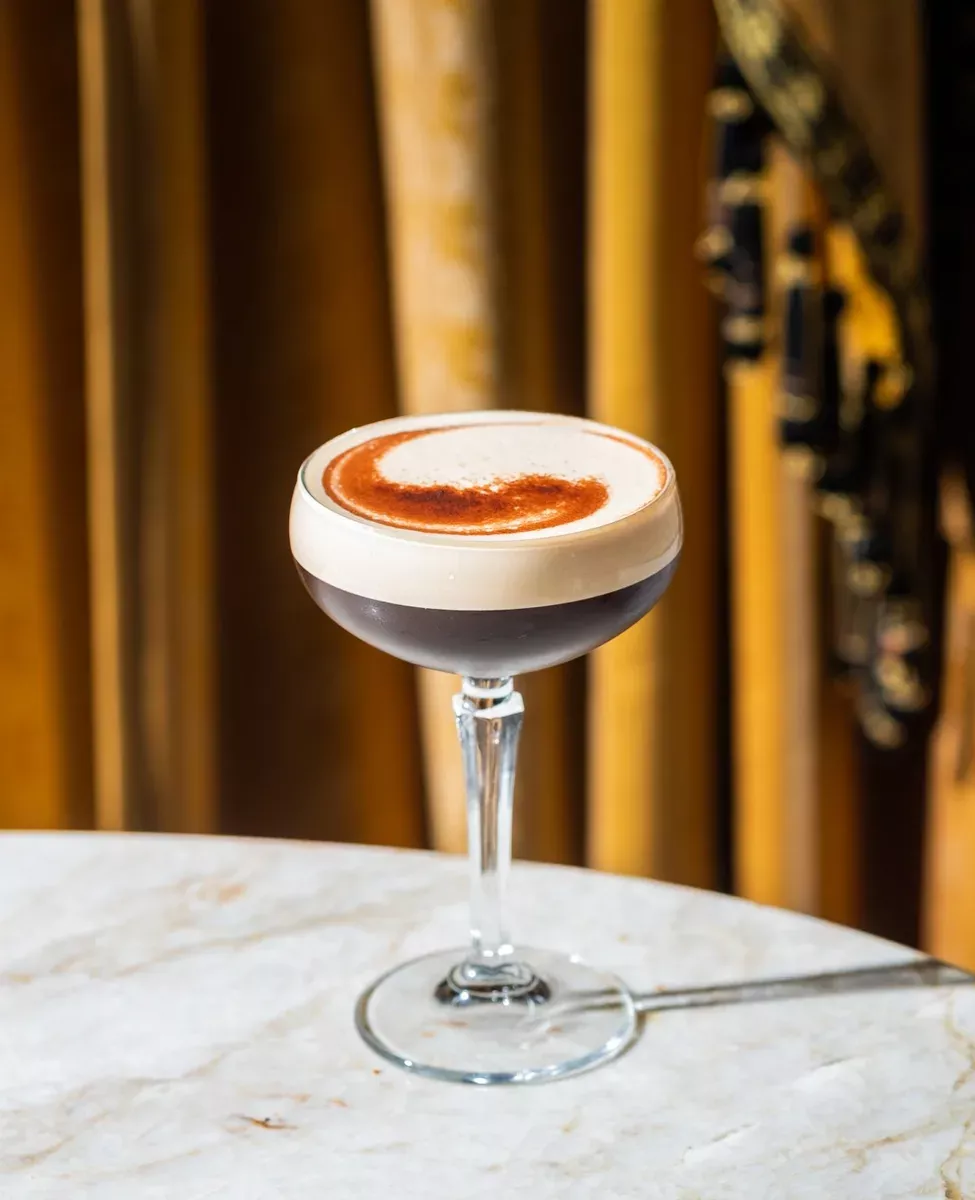
The trend watchers say that, with the agave spirits having such momentum, bartenders are looking for spirits that are new to the market but similar.
Bar Calico in New York City offers three different sotols, the Uncanny in Portland, Ore., offers a Devil in Disguise cocktail made with sotol, amaro, blackstrap rum, and strawberry, and Mirate in Los Feliz, Calif., makes La Toxica using a cream liqueur with sotol (appropriately enough called Crema de Sotol) along with cold brew coffee, Pasita liqueur, marzipan washed Sierra Norte Red whiskey, Cafeto coffee-tequila-liqueur, Fernet Vallet liqueur, Mexican Coca-Cola, and Cinnamon.
